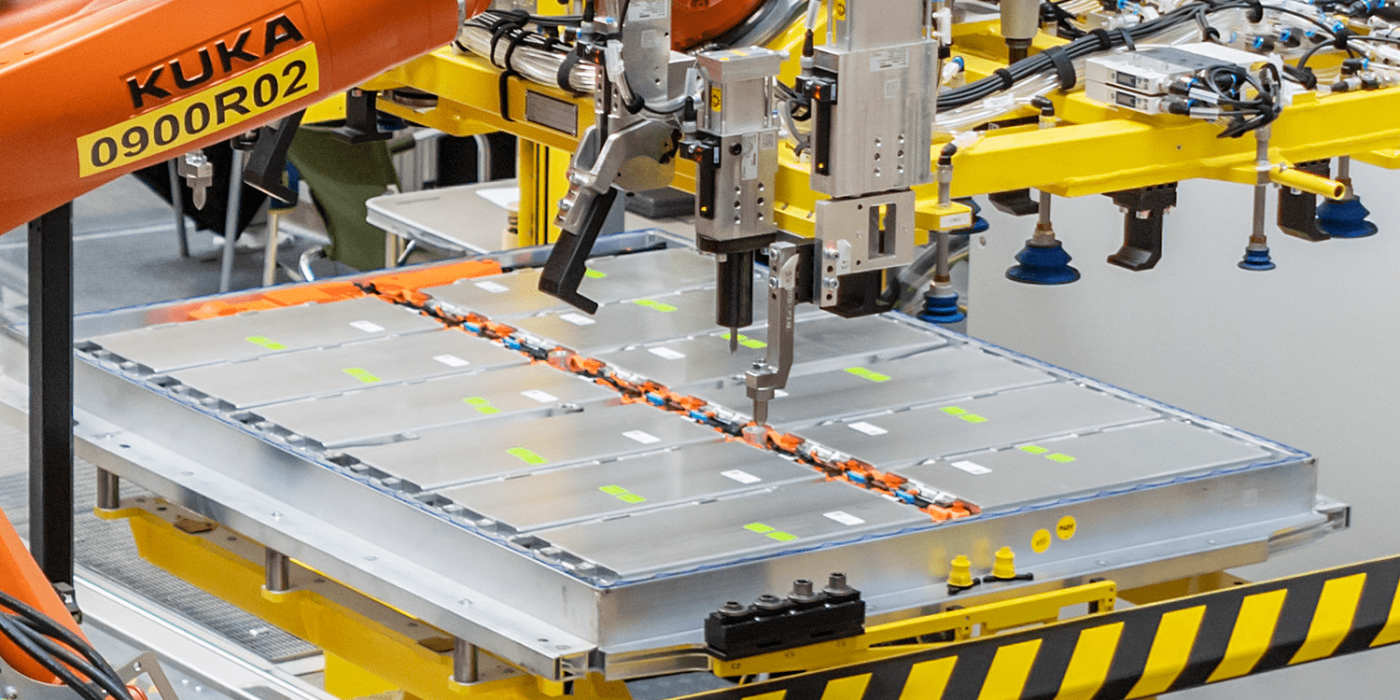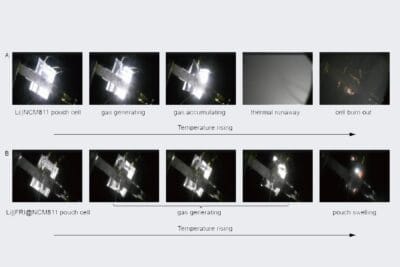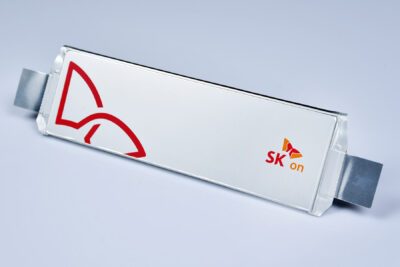No end in sight: US and EU continue negotiations on clean car deal
Negotiations between the US and the EU on the planned agreement on the critical minerals for EVs are taking longer than expected. It would give European carmakers access to tax credits in the US.
According to Politico, negotiations are likely to continue well into the summer. While the US insists on a binding pact, the EU is pushing for a more flexible agreement that does not require the time-consuming approval of its 27 member states. Behind closed doors, the EU may even be discussing whether the deal is still worthwhile.
The two sides are working on an agreement because of a dispute over US subsidies for green technologies, which were introduced at the turn of the year with the US Inflation Reduction Act. The EU has since feared that the provisions would lead to an exodus of green technology companies to the US and said several times that it considers the law discriminatory. Since the introduction of the Inflation Reduction Act, several companies have considered prioritising the US over Europe when investing in battery factories, for example.
In mid-March, both sides declared they were working on an agreement on critical minerals for electric car batteries. The US government then submitted a confidential concept paper for a transatlantic critical minerals partnership to the EU Commission. Negotiations continue behind closed doors.
According to Politico, the differences of opinion between US and EU officials are not about the content but about the legal structure of the agreement. One of the major sticking points seems to be that “the way the Inflation Reduction Act is written creates a semantic imperative for Brussels and Washington to call any minerals deal a ‘free trade agreement’, even though such pacts have traditionally required the approval of the US Congress and, in the European Union, the bloc’s member countries as well as the European Parliament”.
According to Politico, the EU is keen to avoid lengthy ratification processes and is arguing for a legally different form, such as a “non-binding instrument” or an “executive agreement”. The US wants “binding trade commitments” so that the pact can be considered a free trade agreement under the terms of the Inflation Reduction Act. However, the Biden administration is under pressure for bypassing US Congress in a similar deal it made with Japan in March. This fast-track approach could be a possibility for a US-EU agreement but is likely to pose domestic legitimacy problems for President Joe Biden.
Politico writes that negotiations could drag on into the summer, and European carmakers will be at a disadvantage in the US in the meantime. However, there are voices on the EU side questioning whether an agreement is worthwhile. After all, the political discussions about the effects of the US Inflation Reduction Act have become quieter in recent months. In the meantime, the EU has taken countermeasures with relaxed state aid rules.
In March, a third of EVs imported by the US in 2022 came from Germany. If US customers only receive tax benefits from domestic manufacturers, sales there would plummet. To qualify for tax credits under the Inflation Reduction Act, EVs must be assembled in North America (with a loophole for foreign manufacturers via leasing companies), and the amount of the subsidy also depends on the origin of the battery or battery materials. For electric cars to be eligible, 40 per cent of the critical minerals in the battery used must come from the US or a country with which the US has a free trade agreement.





0 Comments